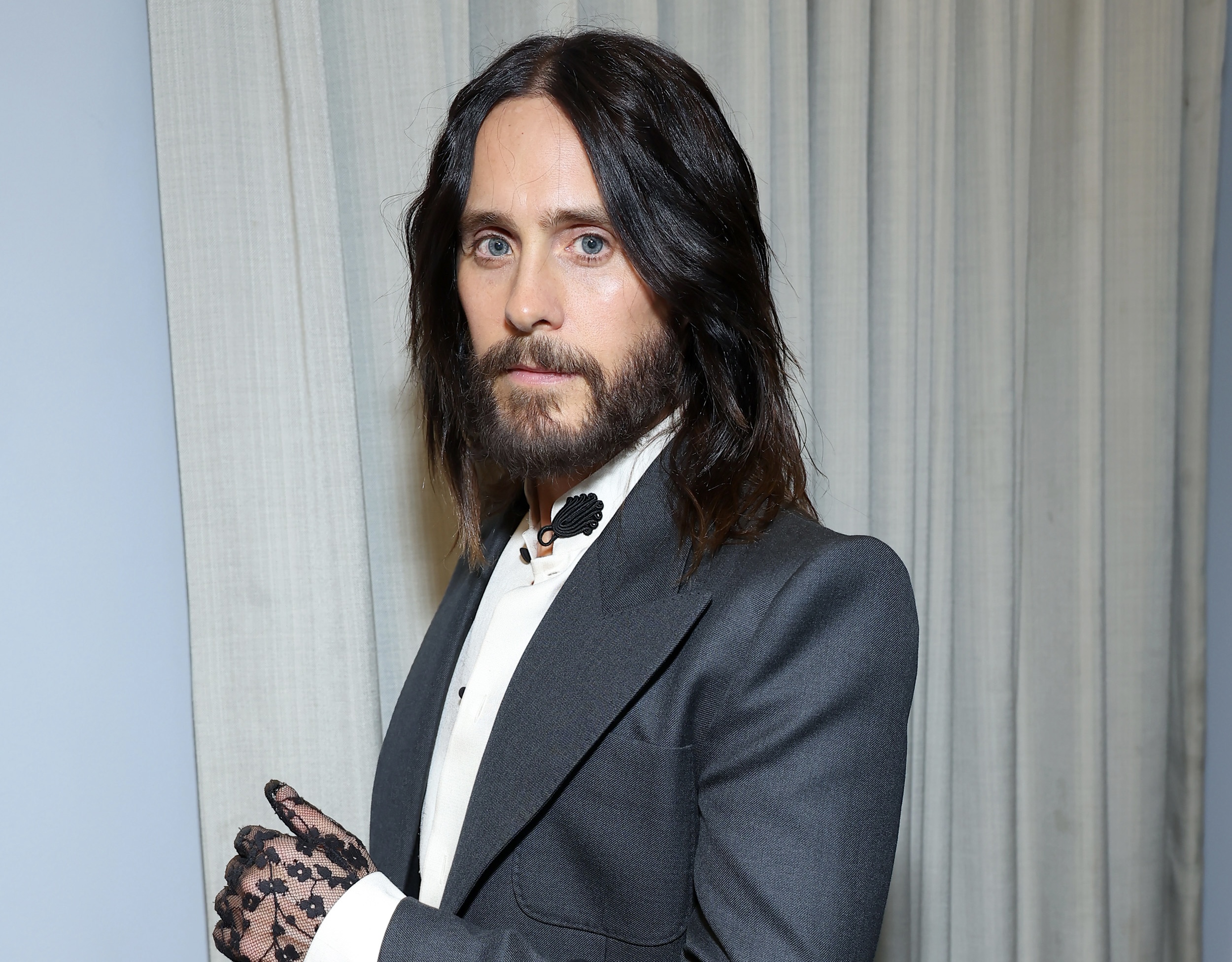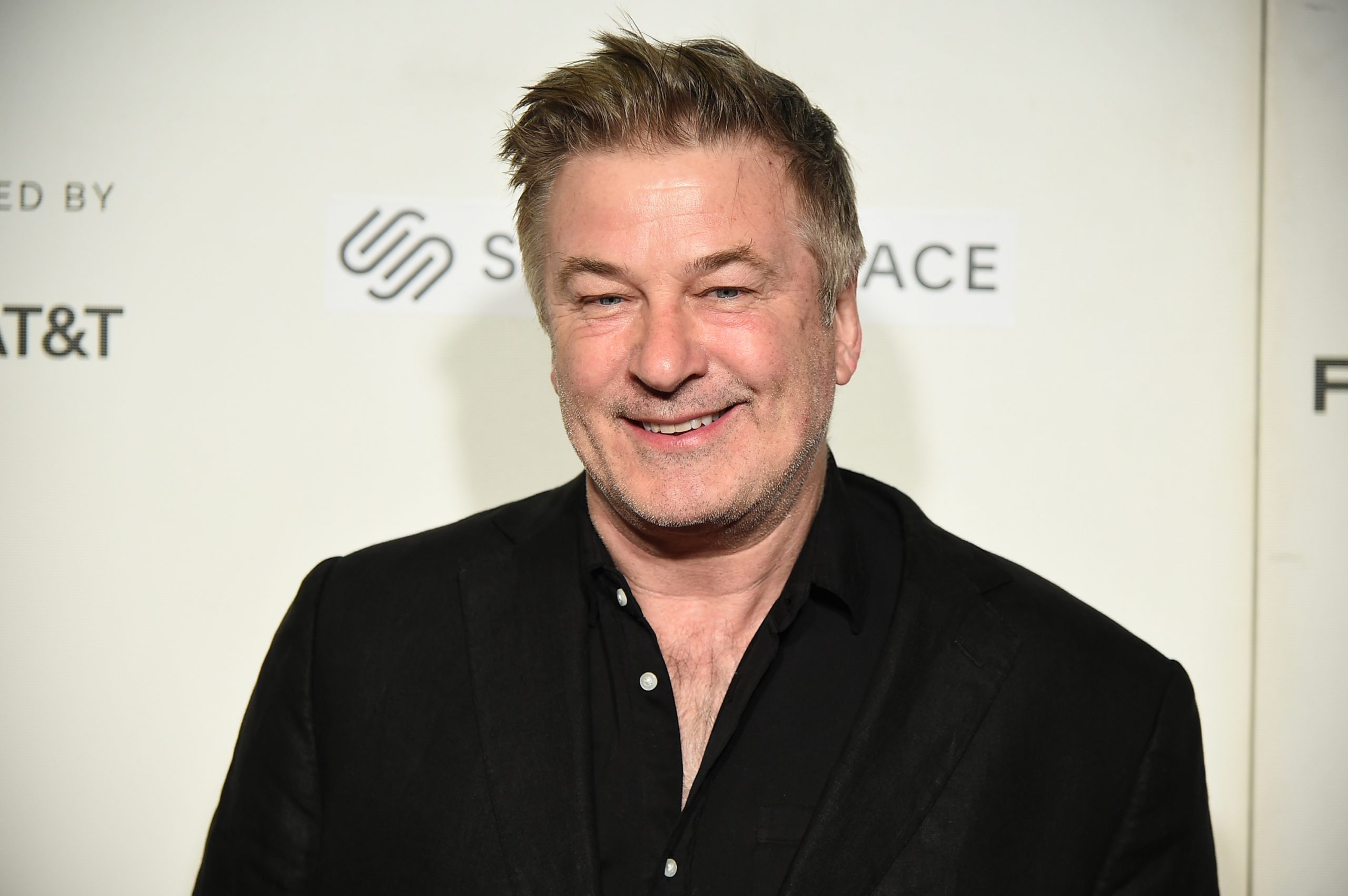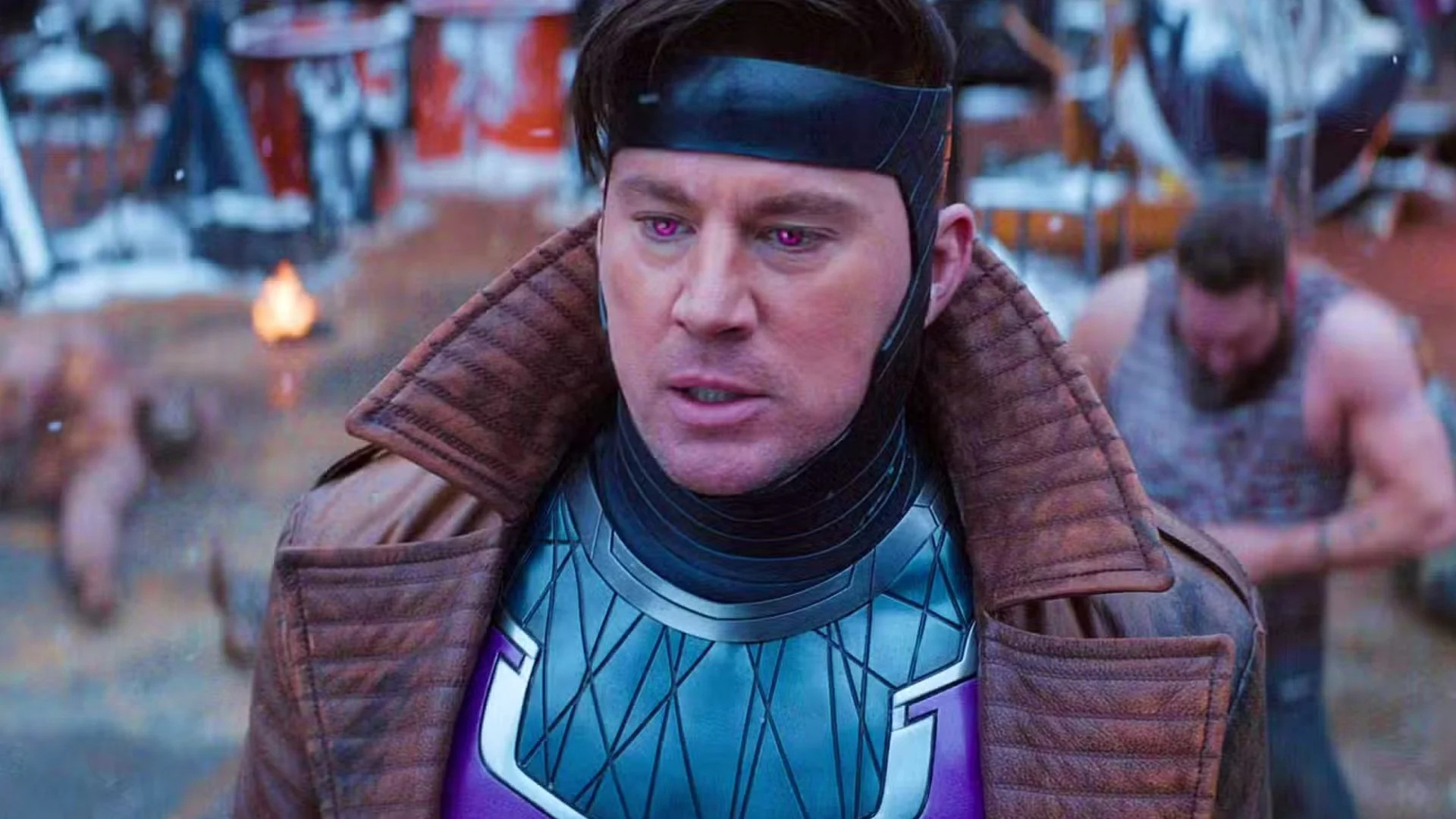Hafsia Herzi is elusive and yet she is getting closer Villageprison thriller by Stéphane Demoustier, released in theaters this Wednesday 17 April.
She is also the face of the La Semaine de la Critique poster at the Cannes Film Festival this year. A poster itself taken from Kidnapping by Iris Kaltenback, a film in our opinion that cannot be missed in the top 10 best of 2023.
Finally, Hafsia Herzi also wrote and directed one of the best French films of recent years. You deserve love It is made without any financing. A film made and performed Of a young woman, about young women and for everyone. Talk about romantic miseryof the inability of men to love correctly and of the anguish of no longer being able to meet in an era in which individualism and ghost kingdom.
An actress capable of embodying the depth of the most elusive characters, a self-taught director who places her camera and her sensitivity where others only project stereotypes, Hafsia Herzi is a fascinating woman of cinema.
When we met her she told us about her difficult choices not to play cliché roles of North African women. Her complementarity between her professions as actress and director. And what she calls with great humility she “director’s duty”.
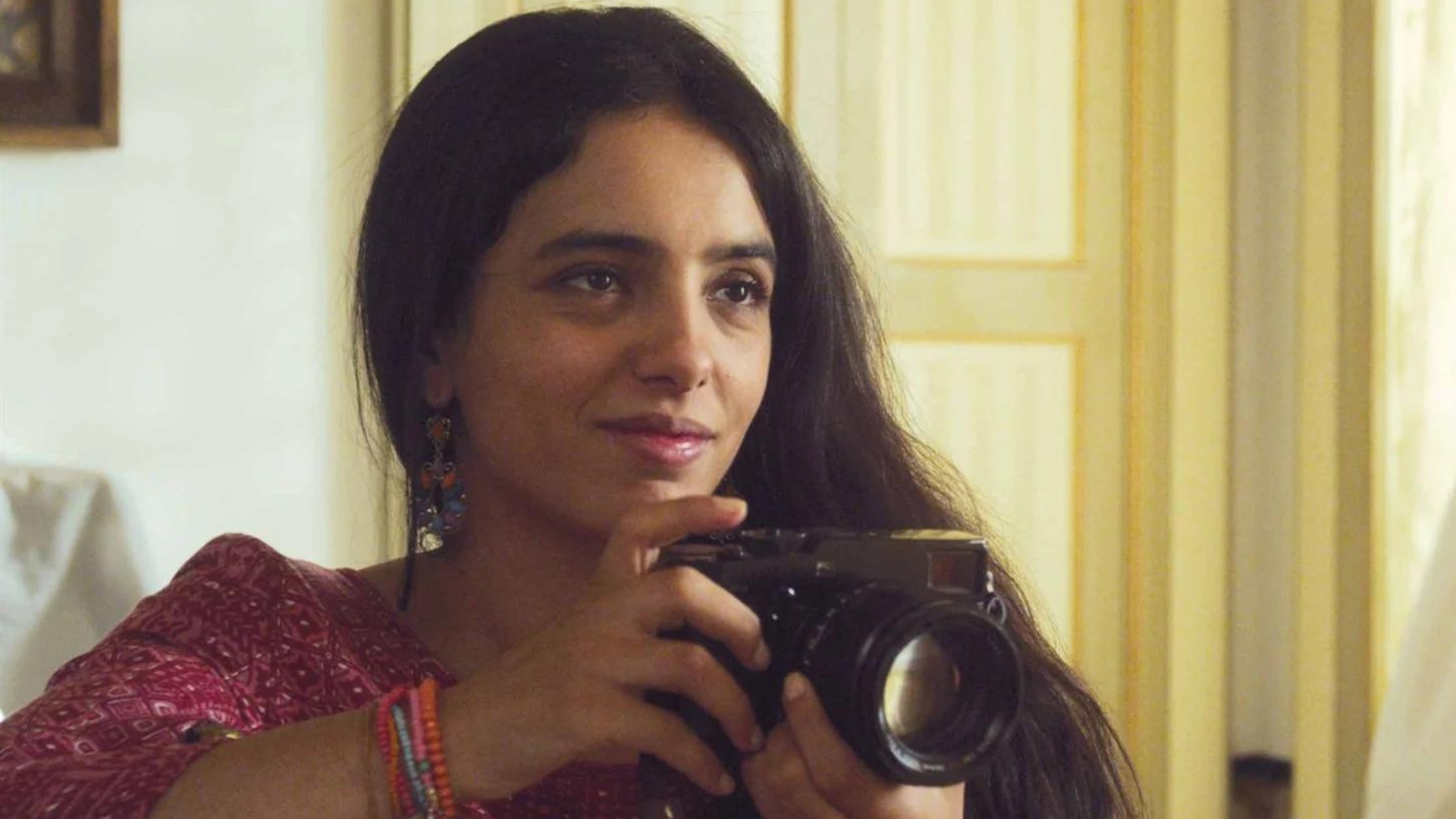
Tell us about your way of approaching your characters. Do you memorize your text? Or do you follow your instinct instead? Are you trying to identify with your character or even put yourself in their shoes?
This is a mixture of both. For Village, it was very written, we rehearsed a lot. I also like participate in what we might call “rewriting”, at the time of filming. I suggest things then the director sees what he cares about or not. Stéphane (Demoustier, ed.) was very attentive, it was a real artistic exchange. For this role he also had a lot of text.
I like to learn them well in advance so I can forget about them a bit and appropriate it. I really put myself in the character’s shoes, I’m like, what if this happened to you? How would you react?
On the other hand, there are things with which we have to put some distance because it doesn’t necessarily fit the character, his personality.
Regarding this question of the game between writing and instinct, the scene in Borgo that struck me most was that of the interrogation. It seems like you are going through a thousand emotions.
I didn’t sleep the night before! I was really stressed. I wanted to arrive exhausted, like the character. In the morning I turned off the phone and didn’t talk to anyone (laughs).
I was dreading it because there were 14 pages of text, which wasn’t supposed to look like text. Also, it was filmed with only one camera, so due to camera connection problems, some scenes had to be filmed multiple times. I like challenges, so this was a gift to me.

You are now 17 years into your career, but are you still subject to stress?
When you’re an actor, you’re always stressed. Maybe some actors aren’t, but I am.
Every scene is important, it’s not easy. It’s stressful, we have to succeed in the scene, we don’t have much time. Also, in this film, there is constant tension. We also have to manage the character’s emotion, which increases even if we haven’t shot the scenes in order. I had to know exactly where I was in the character’s timeline. At the same time, he’s not a very sensitive person, so he was somewhere in between.
The Kidnapping was already the story of a character who sinks into a spiral of lies and problems. Why do we often find you in these types of roles?
When there are problems they call me! I do not know why. That’s what I inspire, characters that go off the rails… I love it because which are not smooth. It allows you to feel many emotions. But for this specific case I was addressed Village Before The kidnapping.
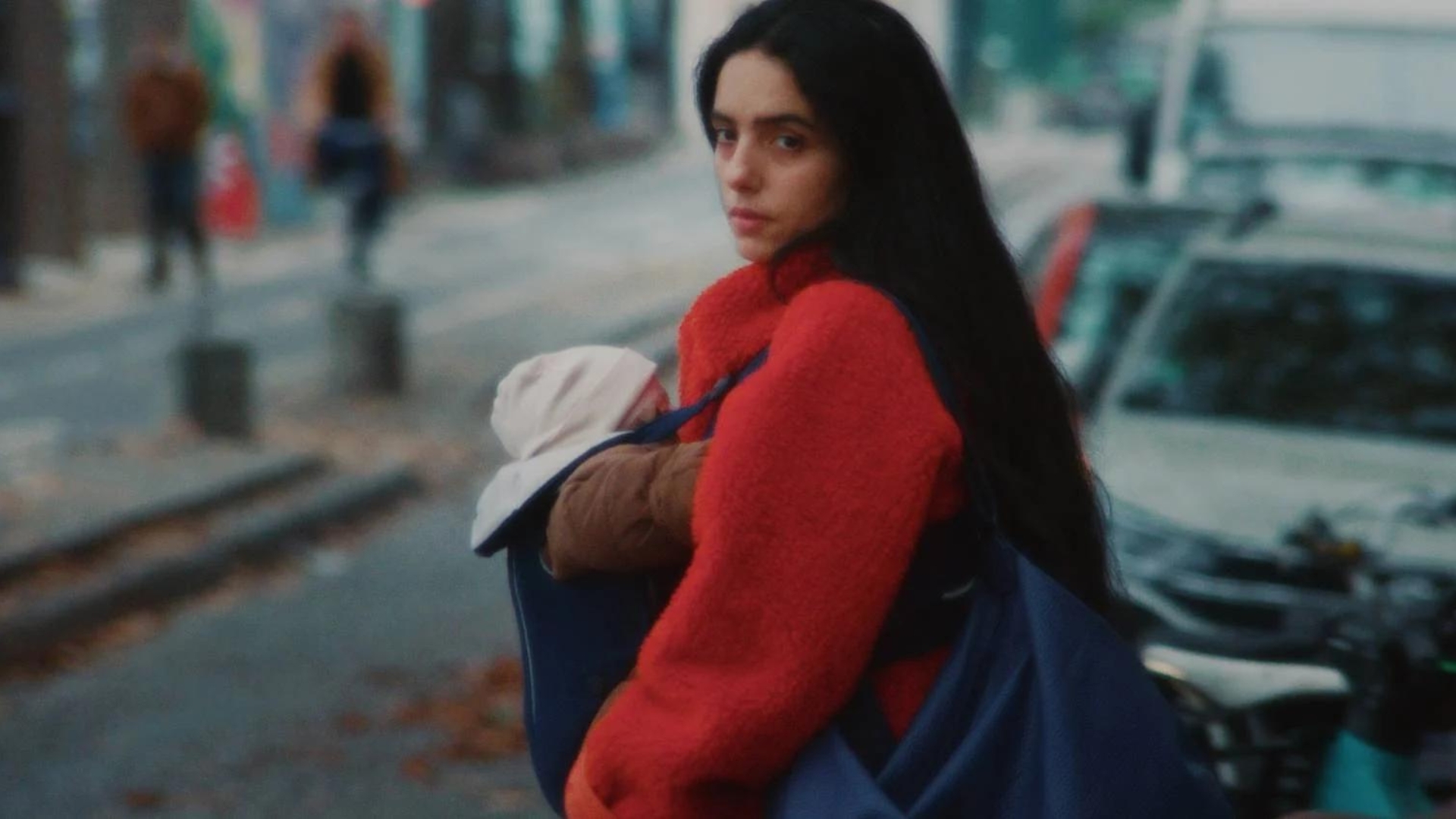
I read somewhere that you took diction lessons to tone down your Marseille accent. For what ?
After The wheat and the mule (Abdellatif Kechiche, 2007, ed.) They criticized me because my Marseille accent was too strong. I worked so hard to lose it and then I ended up telling myself that was it. I had a very strong accent, from the northern districts of Marseille. Today it’s toned down a bit. I’ve been rejected for roles because of this. For example, I had to say goodbye to historical films.
Was it with The Seed and the Mule that you realized you wanted to dedicate yourself to cinema?
I’ve always wanted to make films. The wheat and the mule he justified my wish. With this first film I realized a dream.
Since I was little I wrote scenes that didn’t seem like screenplays, but I always had this desire to write, to film, to create.
Is being a director a way for you to fill a gap in acting? Do you see directing and acting as two parallel things or do they come from the same vision?
I consider it I’m lucky enough to be an actress and make films at the same time.. I make films because I don’t want to depend on the desires of others. I had this need for artistic development, I didn’t see myself being an actress full time. Anyway, full time, he wasn’t there. I didn’t have the roles I liked enough.
I really had the desire, the need to film others. A need elsewhere.
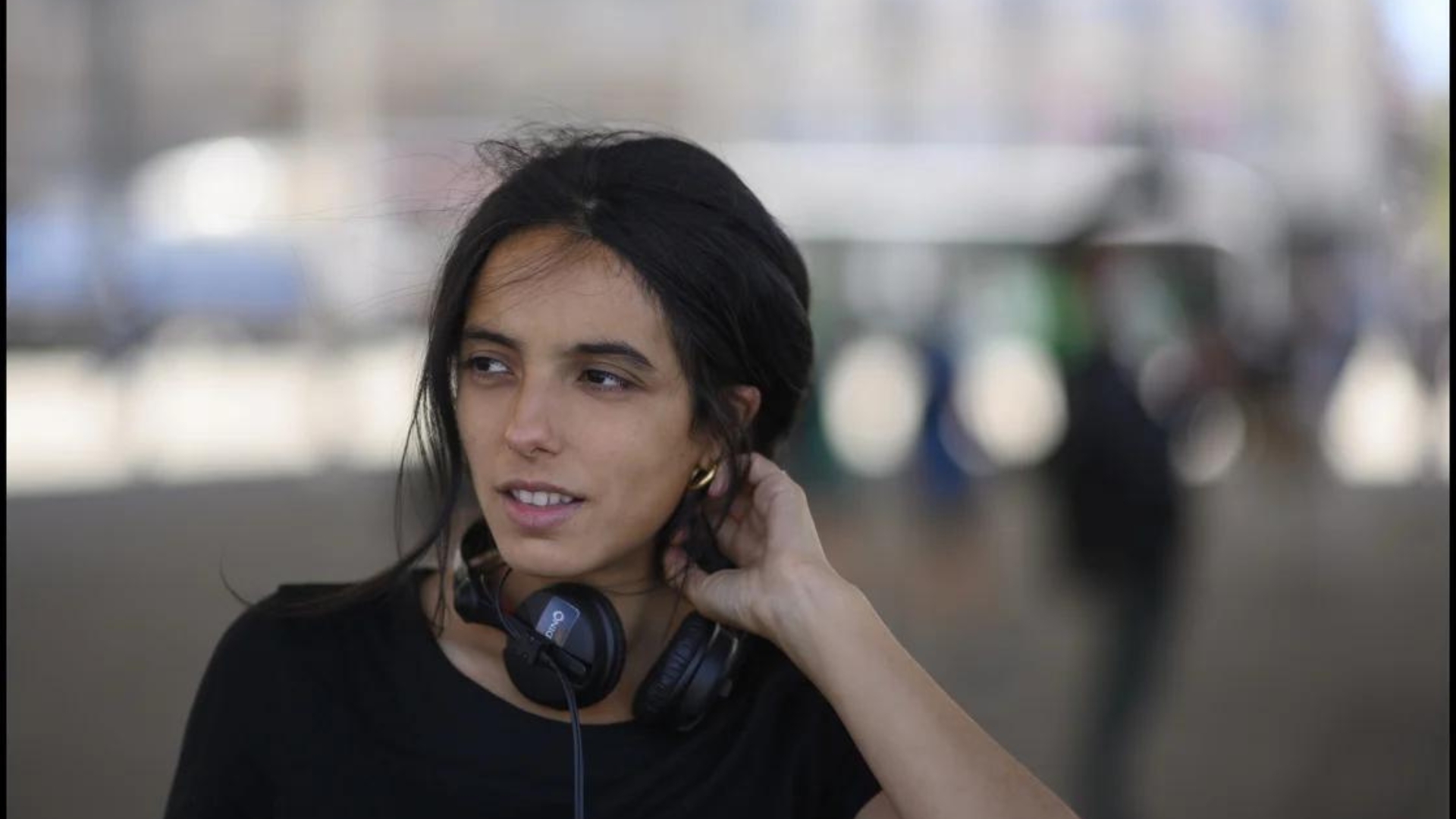
Does this mean you could only be a director?
I don’t think so because you learn a lot by being an actor. We observe, we are in front of the camera. Let’s meet the technicians. It is very good for directing actors. We don’t want to be blocked psychologically, to be talked down to, things like that. When you’re an actor, you know how to talk to actors and you know what you don’t want them to do to you.
You understood that you deserve a love, without money, self-financed. You must have played the main character yourself.
I have never regretted making my first self-financed film. On the other hand, today it is very difficult to do so. Many people have come to me asking for advice on how to do the same. But now the channels follow less. They take fewer and fewer films that come through that channel. It’s more complicated to film without permission on the street. The good old days are over.
That’s a shame, because self-financing encourages creation.
You said that you didn’t always like the roles you were offered. Have you been locked into racist roles as a French woman of North African descent?
Yes, I often received the same kind of stereotypical roles, but I try to make choices.
I have received many cliché proposals, which I try to avoid. About terrorists, about prostitutes. I didn’t want to convey this image.
But I find there are fewer and fewer of them at the cinemathings are moving in the right direction.
Exactly. Cinema has become exciting lately, especially thanks to directors like Lina Soualem, Alice Diop and Mati Diop, who make magnificent and innovative films about topics that are often invisible in cinema.
Yes, it’s cute. Finally diversity behind the camera! It gives strength and hope to all those who want to do the same. Lina Soualem is a brilliant person who fought to get her films made. The documentary is not easy. She is a dear friend.
Lina Soualem has directed two feature films. Their Algeria, on its Algerian origins, and Bye-Bye Tiberias, on its Palestinian origins. Is it important for you to talk about our origins?
Certain. It is necessary to talk about this who inspires us. When I understood You deserve loveit was a director’s duty.
I had the opportunity to put it on the screen, I had to do it. A free woman, who suffers, is universal.
In Good mother moreover, she is a mother who raises her children alone. She is North African because she is what she inspired me, but she could have been black, white, she is above all a mother.
I try to break some clichés that some people imagine, due to lack of knowledge. For example, when I took the CNC, during an errand, I was asked about it Good mother “But why is the film always about money? » and I replied “because they are poor. This is their main problem.” there is silence and they said ” Ah OK “. It’s poverty in France.

What do you look for when making a film? Do you have a method?
Everything is thought of. Directing is precision, work. But I also like freedom. I like it when actors aren’t fixed in a text.
I like laughter, things that weren’t expected. I’m a big believer in signs so when something happens, I tell myself it had to happen.
I want to believe in what I’m shooting and the game, for me, is the basis. Recently I was doing some casting, I asked an actress who had never acted to choose a character. I laughed out loud, I told him: “but in life do you look at someone like that? » she told me no. This is my idea of realism.
Do you like our articles? You’ll love our podcasts. All our series, urgently listen to here.
Source: Madmoizelle
Mary Crossley is an author at “The Fashion Vibes”. She is a seasoned journalist who is dedicated to delivering the latest news to her readers. With a keen sense of what’s important, Mary covers a wide range of topics, from politics to lifestyle and everything in between.


